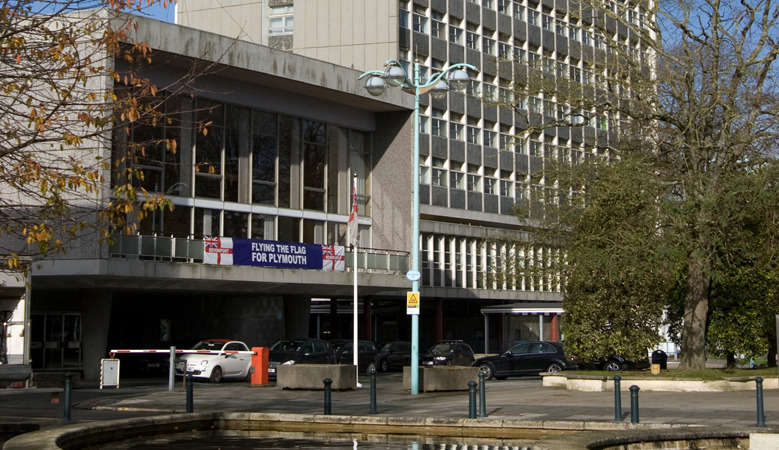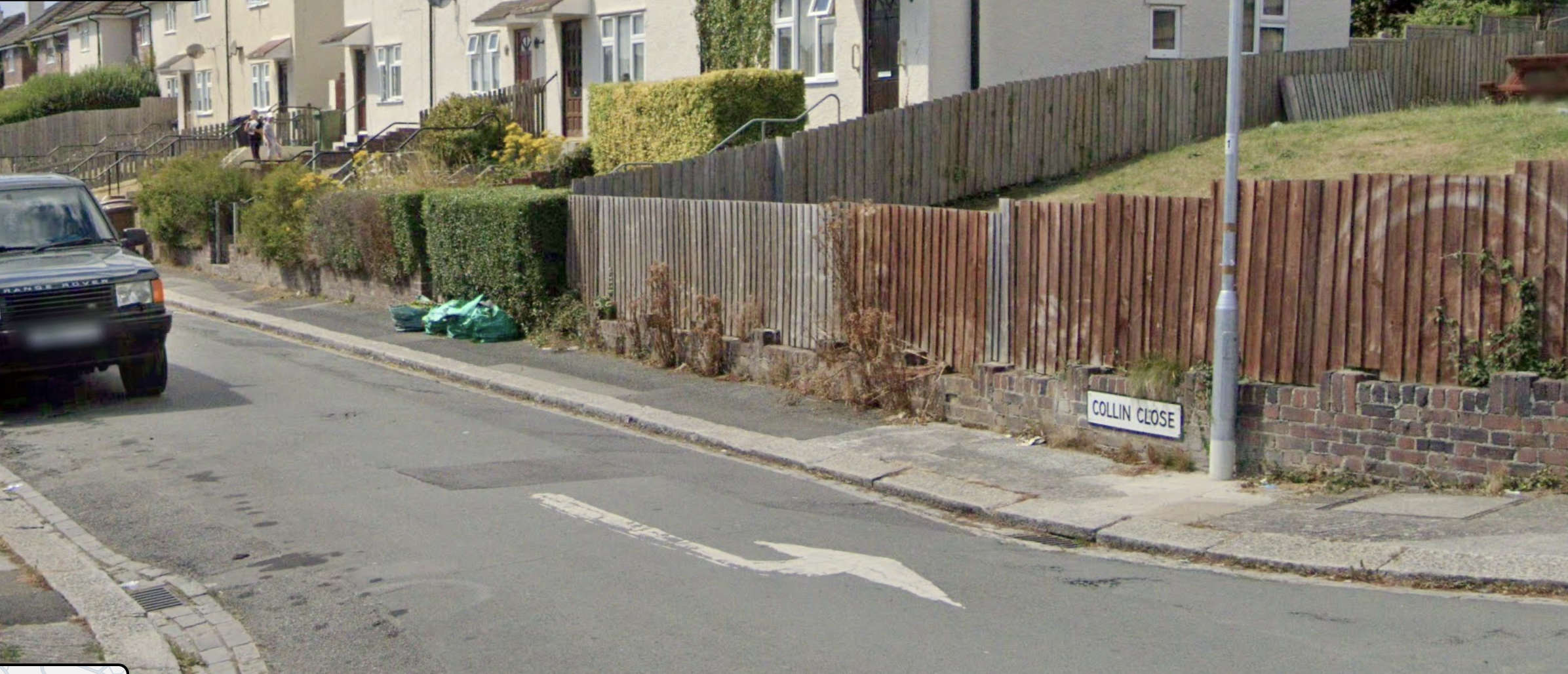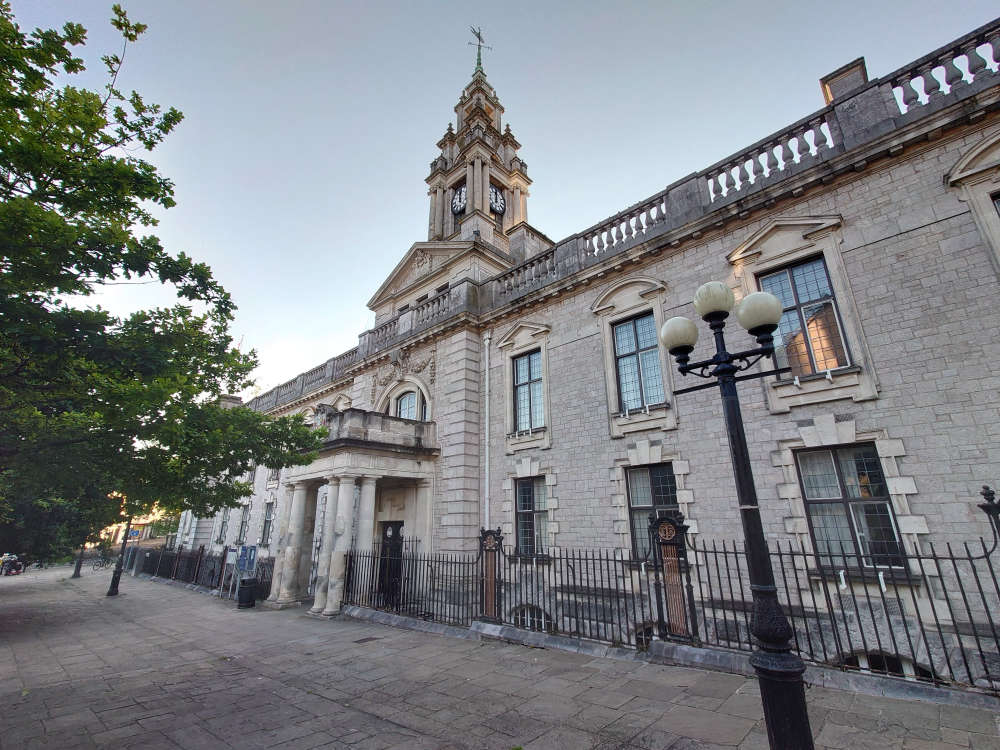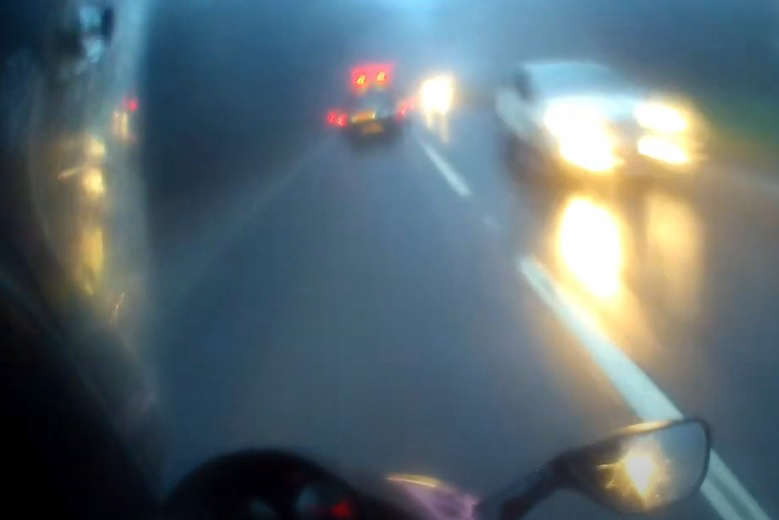
That's according to the director of children's services
As the number of children in Plymouth with special needs’ plans rises by more than a third in a year, the city council is in a “very weak position” for assessing them.
The council’s new director of children’s services David Haley says that shortcoming is driving complaints from parents to the local government ombudsman.
In an inspection in June, education regulator Ofsted and the Care Quality Commission found special educational needs and disabilities (SEND) services delivered by the Plymouth Local Area Partnership to be failing. This came on the back Ofsted declaring “serious widespread and systematic failings” in the city’s children’s services.
The council has been working to implement action plans and says it is crucial that it bring parents, carers and local education providers on board. It says it is driving change whilst also trying to save costs.
“We need to break the cycle,” said Mr Haley. “We need to demonstrate to parents within the city that we are determined to bring about improvements and start to see change quickly.
“Our plan to improve children’s services is transformative. Early intervention work is the best for our SEND children to meet their needs as quickly as possible but it is also better for the council’s budget. Then we can use our resources to work with partners drawing in family hubs and the like.”
The city’s children’s services budget is £62 million this year and will rise to £69 million next year. It is the largest cost to the council after staffing, and costs are skyrocketing.
Currently 1,753 children in Plymouth have Education, Health and Care (EHC) plans and need extra support, with some waiting long periods to get a place a school.
The council believes it will see a reduction in that number with early assessment and is seeking to create stronger bonds with trusts that run schools outside local authority control.
Councillors were told at a budget scrutiny meeting that home-to-school transport fees had cost an extra £1 million, with 80 per cent of children travelling by taxi. Ashortage of specialist schools means 50 children now go to schools outside the city.
There is a need for more schools to cater for children with the most complex needs, but the council believes inclusion in mainstream schools is better for children and their peers, and for cost reasons. Some councillors, however, have raised concerns over staffing capacity and space.
Cllr Patrick Nicholson (Ind, Plympton St Mary) said there is a redundant primary school site at Dunstone which could be used as extra provision, keeping children in the city. “The cabinet should be coming up with some proposals, if we do not tackle this it will balloon and consequently blow the council’s budget,” he said.
He suggested that volunteer drivers be used to transport children, along the lines of hospital car services.
Cabinet member for education Cllr Sally Cresswell (Lab, Stoke) said the council is investigating updated route planning software which would prevent duplication of vehicle movements, and travel training for young people to encourage them to travel independently on public transport.
She said this would make significant savings, but parents and carers needed to be confident about it.
Members heard that primary school pupil numbers are set to drop next year, with some educational establishments saying they have capacity for more children of varying needs.
To cut costs, the council is coming up with a new package to attract in-house foster carers, and plans to hold a foster carer summit in the new year.
Improvements will take place in the quality of social work in the children’s services sector, as caseloads are reduced to 18 to 20 per person. Cabinet member for children’s services Jemima Laing (Lab, Stoke) said some social workers have been working on 27 cases at a time, which is “too many.”
“This will give them the chance to do a really good job,” she said. “We are recalibrating the system” and “recruiting permanent members of staff at a higher level”.
 Official challenge to Torbay solar farm project
Official challenge to Torbay solar farm project
 Two people injured in suspected Plymouth stabbing
Two people injured in suspected Plymouth stabbing
 Four councillors banned from council tax debates
Four councillors banned from council tax debates
 Video shows Devon biker causing horrific crash
Video shows Devon biker causing horrific crash
 Murder charge after Kingsbridge crash
Murder charge after Kingsbridge crash
